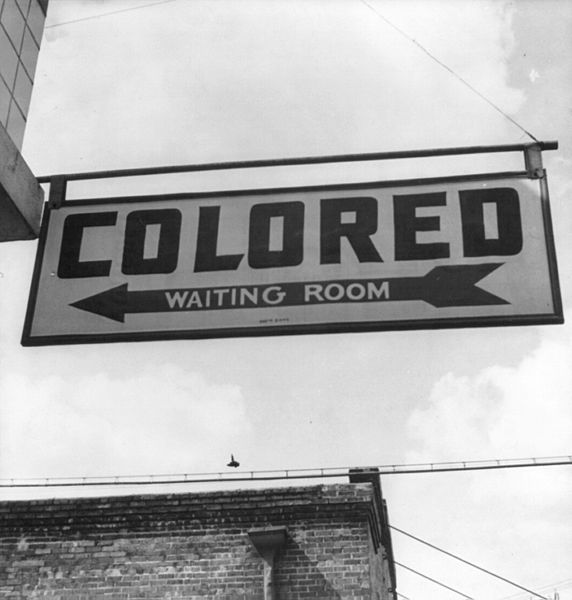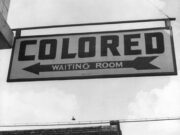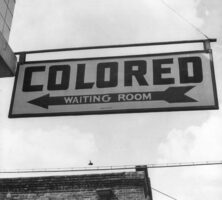Many path-breaking U.S. Supreme Court cases have grown out of Georgia’s long and tragic history of racial discrimination. Critical decisions have concerned racially motivated murders and beatings, deprivations of voting rights, and governmental segregation of parks and other public facilities.

Photograph by Wikimedia
Perhaps no decisions have had a greater practical impact, however, than Heart of Atlanta Motel v. United States (1964) and its companion case from Alabama, Katzenbach v. McClung, in which the Supreme Court upheld the public accommodations provisions of the 1964 Civil Rights Act. By 1964 it was well settled that the “equal protection” clause of the Fourteenth Amendment of the U.S. Constitution barred almost all state-imposed racial classifications that disadvantaged African Americans. But discrimination in the private sector remained widespread.
Under the leadership of U.S. president Lyndon Johnson, in the wake of U.S. president John F. Kennedy’s assassination, the U.S. Congress mustered the will to proscribe racial discrimination by many private service providers, including hotels, motels, and restaurants selling food that had moved across state lines. The constitutional difficulty was that none of Congress’s enumerated powers unequivocally supported enactment of this “public accommodations” feature of the 1964 Civil Rights Act, and challengers assailed the legislation as impinging on state prerogatives to regulate local matters free from federal interference. One such challenger was the Heart of Atlanta Motel, which brought suit to secure invalidation of the act, because—stated in the Supreme Court’s opinion—it “had followed a practice of refusing to let rooms to Negroes, and it alleged that it intended to continue to do so.”
Notwithstanding such states’ rights–based challenges, the Court in the Heart of Atlanta Motel and McClung cases unanimously held that the sweeping antidiscrimination provisions of the 1964 Civil Rights Act were a proper exercise of Congress’s power to regulate interstate commerce under Article I, Section 8 of the U.S. Constitution. In effect, the Court reasoned that race discrimination by even very localized businesses, when viewed in the aggregate, had such far-reaching negative effects on the interstate movement of people and products that Congress could remove these impediments to commerce whether or not its true motives centered on a moral condemnation of racism.
Ensuing enforcement of the Civil Rights Act of 1964 led to the dismantling of many of the most overt forms of racial discrimination, which in turn contributed to the emergence of the “New South” and the explosion of economic activity that spread throughout the region in ensuing decades.





